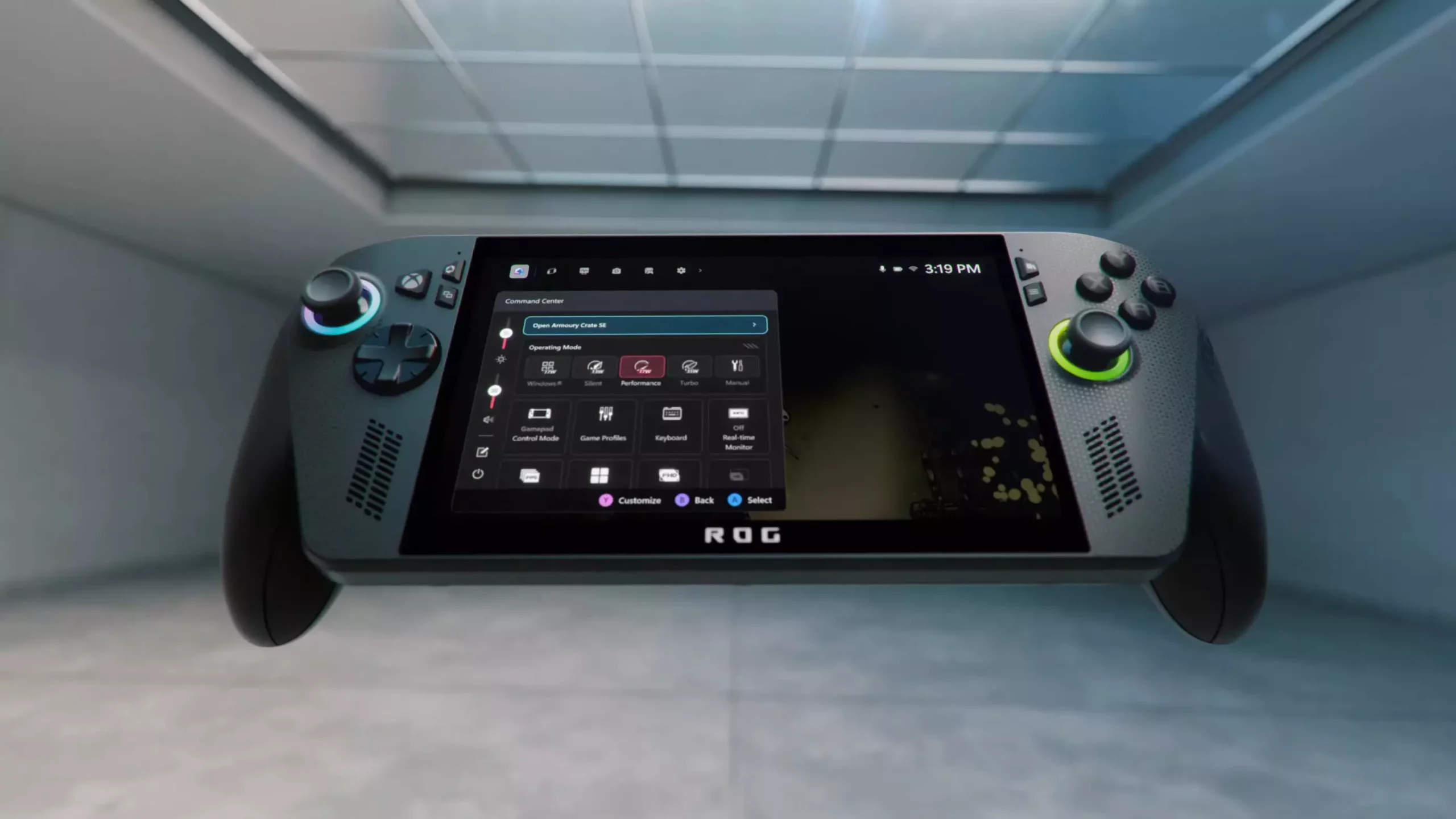Recent speculations from a report by the Verge have ignited discussions about an apparent cancellation of the much-anticipated Xbox handheld console, calling it “essentially canceled.” At first glance, this seems baffling considering the recent buzz surrounding the announcement of a handheld console. However, diving deeper reveals layers of complexity within the gaming industry and Microsoft’s evolving strategy. The controversy revolves around claims that the handheld devices recently introduced by Asus—specifically the ROG Xbox Ally and ROG Xbox Ally X—are not actual Xbox hardware but reimagined PC handhelds.
The core of this discussion leads us to wonder: if these devices are not what they were purported to be, what does that imply for the future of Xbox? Microsoft appears to be taking an alternate route, stepping away from traditional console manufacturing to focus on partnerships with companies like Asus. This pivot suggests a larger trend within the gaming realm where collaboration replaces the solo endeavor of console creation.
The Xbox Brand: A New Definition Through Partnerships
As per industry experts’ observations, the narrative affirms a major paradigm shift: Microsoft may no longer be the sole architect of the Xbox line; instead, it seems poised to license out its brand to third-party developers. This transformation could fundamentally reshape how gamers interact with the Xbox ecosystem. Rather than relying on a singular piece of hardware, individuals might choose from a variety of consoles powered by a modified version of Windows. It paints a future where brand loyalty is supplemented by diverse selections catering to varying gamer preferences, price ranges, and performance needs.
The move toward an ecosystem where Xbox branding is independent of any particular device lends itself to supporting Game Pass—a service that has been pivotal for Microsoft in expanding its gaming audience. The innovative step would not be merely a shift in hardware but a strategic transition favoring accessibility and flexibility across multiple platforms.
Emulation and Streaming: A Future-Proofing Strategy
One aspect of this evolving strategy is the potential for Microsoft to leverage emulation and streaming technologies. By utilizing standard PC hardware optimized with a tailored Windows interface, Microsoft could resurrect legacy Xbox titles into an expansive library accessible from virtually any device. It’s an extraordinary imagination of gaming where the brand transcends conventional barriers, fostering an interactive experience that adapts to the dynamic technological landscape.
Moreover, this model could resonate deeply with a demographic that favors convenience and versatility in gaming. As companies and consumers navigate an era defined by mobile devices and flexible work setups, the demand for devices that transform any screen into a gaming console could see an extraordinary rise.
Windows and Xbox: A Symbiotic Relationship
The speculation that Microsoft’s streamlined version of Windows will cater to third-party manufacturers indicates a more integrated future. Tom Warren’s insight underlines that the efforts being made aren’t merely to optimize handheld devices; instead, it aims to fortify the Xbox-like experience across diverse hardware formats. The techniques being refined here could allow Microsoft to control the user experience uniformly while promoting the Game Pass and its catalog of titles effectively.
This strategy wasn’t hastily conjured but appears to be gradually unfolding, illustrated by branding strategies observed at recent Xbox showcases. The transition to labeling products under “Xbox PC” not only challenges traditional ownership perceptions but also positions Microsoft as a formidable competitor in the larger gaming ecosystem, signifying a departure from the console-centric mindset.
The Implications for Gamers and the Gaming Industry
If the projections hold true, the coming years may whisk gamers into an era marked by unprecedented choices. The belief that Microsoft’s hardware endeavors may lead to a wider assortment of customizable Xbox devices invites exciting speculation. Furthermore, this might entice current and potential Xbox players looking for diverse gaming solutions in a market that is becoming increasingly competitive.
As we stand at the precipice of these budding changes, it’s important to recognize the implications for game developers and third-party manufacturers. This model could usher in innovative collaborations, fostering competition that encourages higher quality and more creative gaming experiences for players worldwide. Whether this approach resonates positively with consumers remains to be seen, but as we unpack the possibilities, it’s clear that the gaming landscape is on the verge of transformation.

